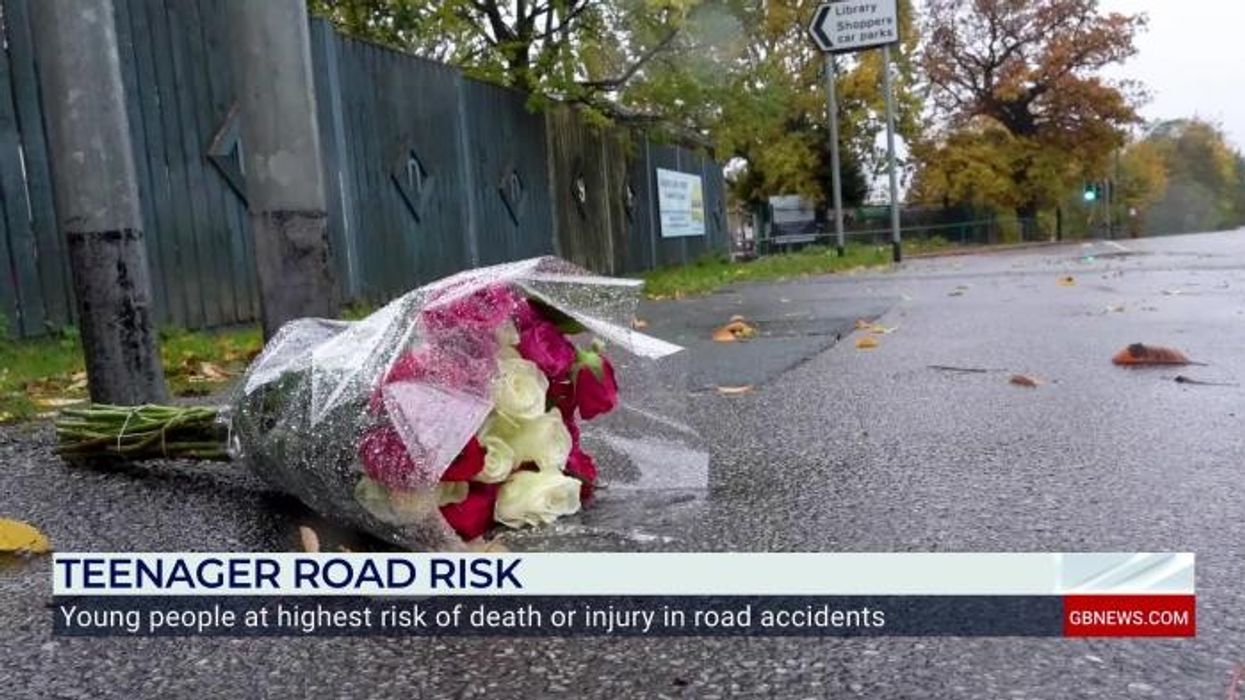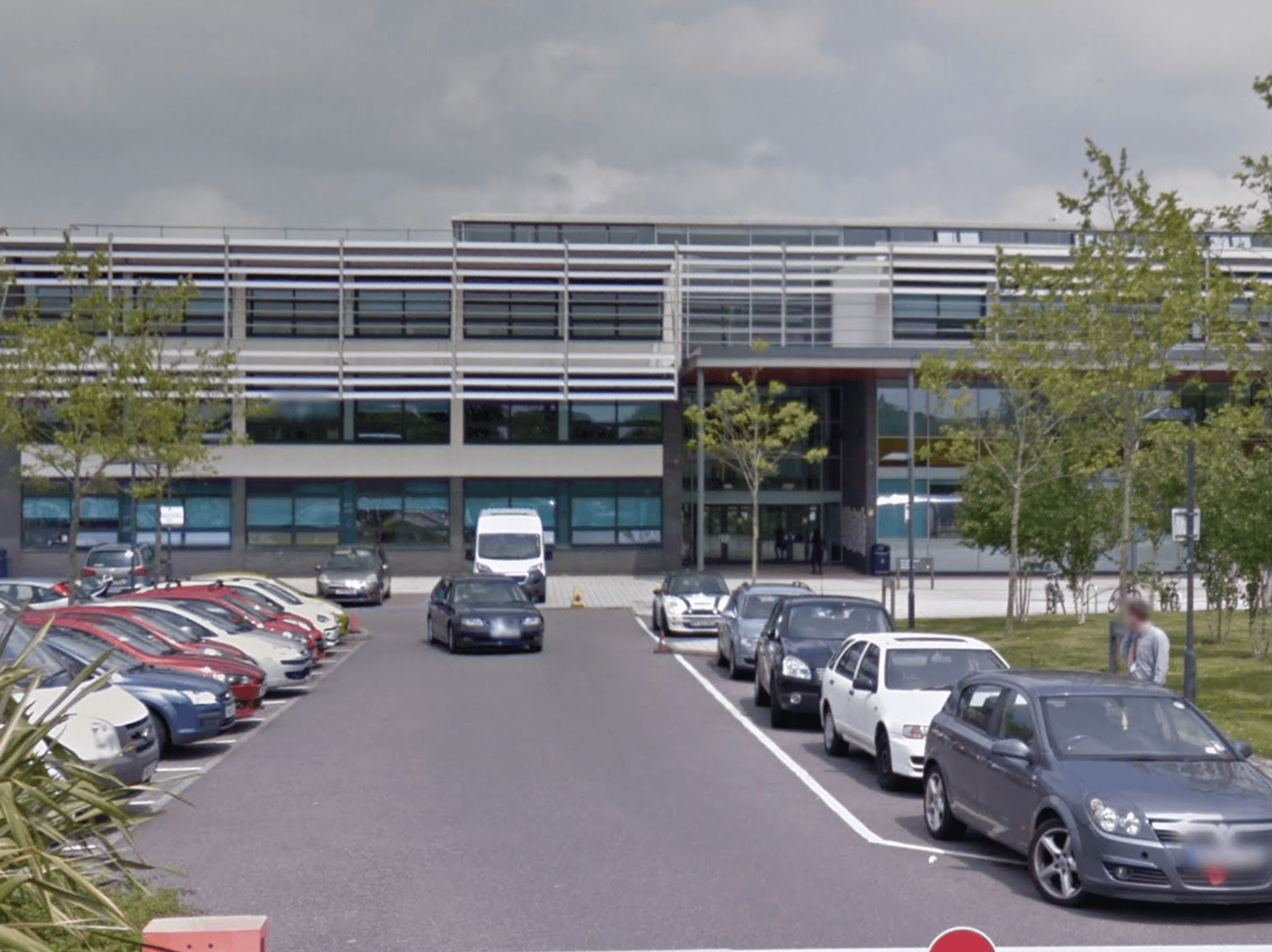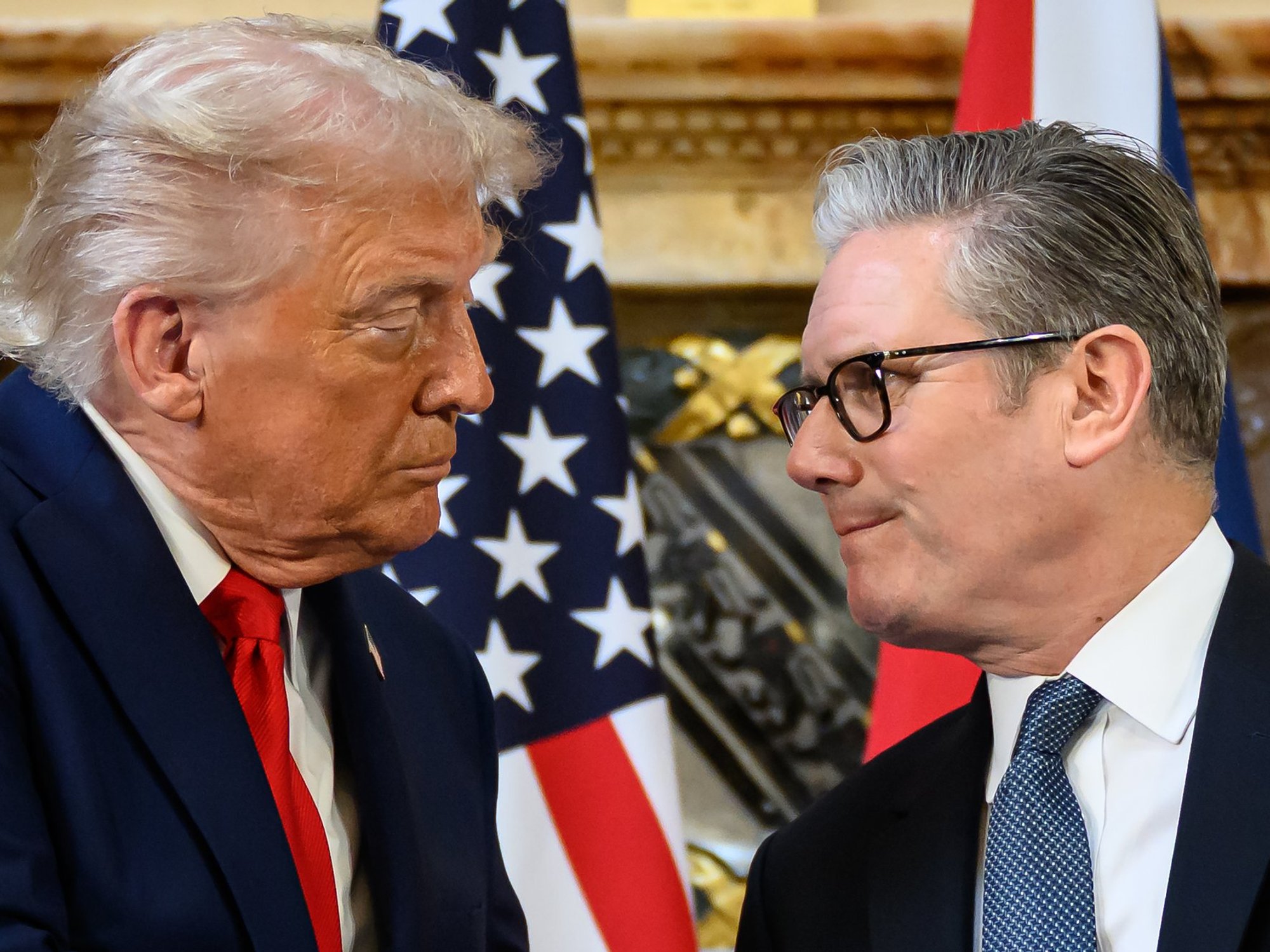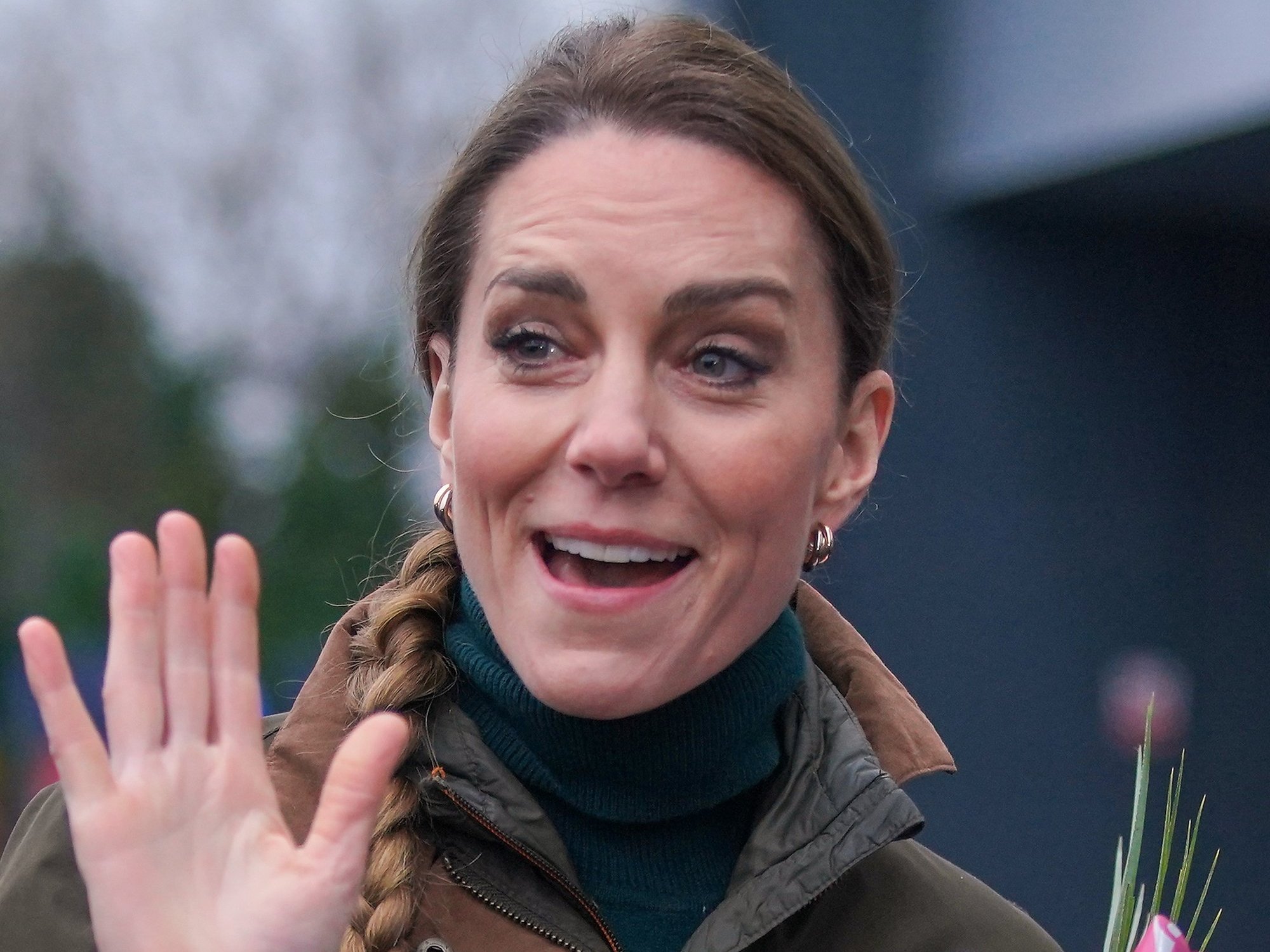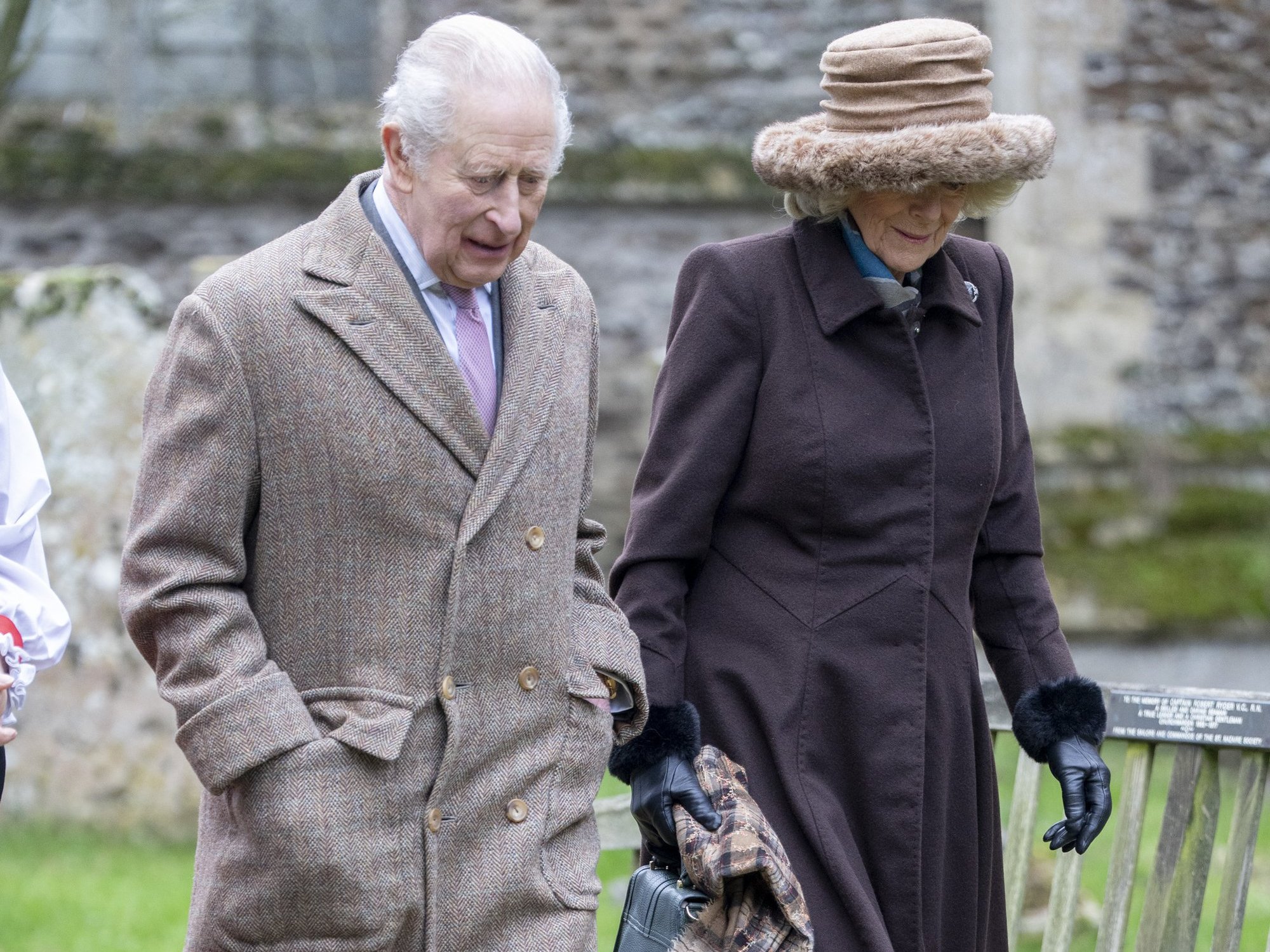Motorists to be slapped with £1,200 fine for uninsured driving under tougher plans - 'Eradicate the issue'

The Motor Insurer's Bureau has called on Labour to increase the penalty for uninsured driving
Don't Miss
Most Read
Drivers have been warned they could face heavier penalties and fines for causing an accident on UK roads while uninsured, as new proposals are being supported by Britons.
It comes after new research revealed that three out of four drivers would support tougher penalties for uninsured drivers in a bid to make UK roads safer.
The research follows Government figures which warned that the economic cost of uninsured driving, including compensation for victims, emergency services, medical costs and loss of productivity, is £1billion a year.
Now, 78 per cent of Britons have detailed how the current £300 fine penalty for driving an uninsured vehicle is not enough to deter people from breaking the law.
Do you have a story you'd like to share? Get in touch by emailing motoring@gbnews.uk
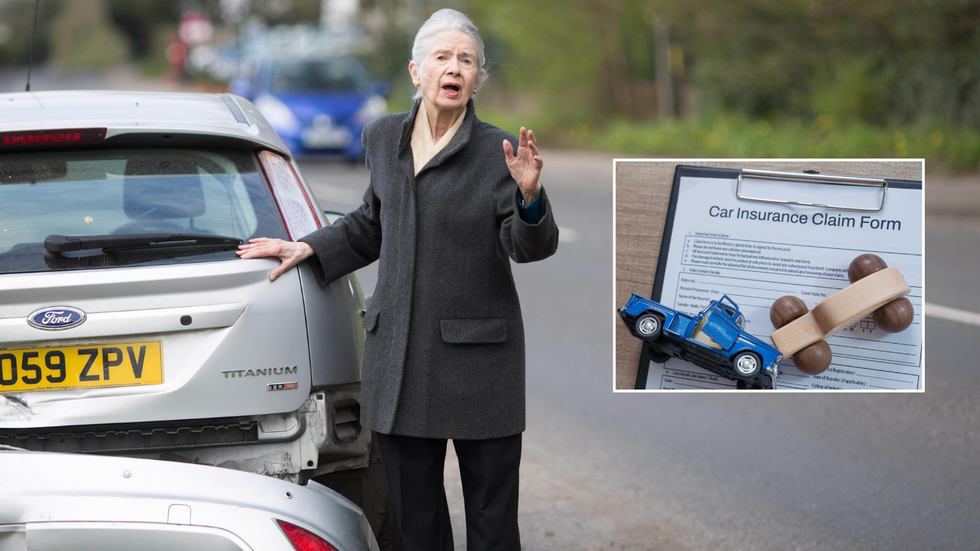
Three out of four drivers have shown support for increasing the penalty for uninsured driving
| PA/GETTYA further 75 per cent of respondents support increasing the fine for driving without insurance to £1,200, which could help crack down on rulebreakers.
The data has been backed by the Motor Insurers’ Bureau, which has called on the Government to increase the fine as part of its new five-year strategy, Accelerating to Zero.
The bureau warned that every 20 minutes, someone in the UK is the victim of an uninsured or hit-and-run driver, with the MIB hoping to prevent this.
The MIB stated: "Every day, at least one person is so seriously injured that they need life-long care. Compensation and support for victims is funded by a levy on insurers, ultimately costing law-abiding motorists in their premiums."
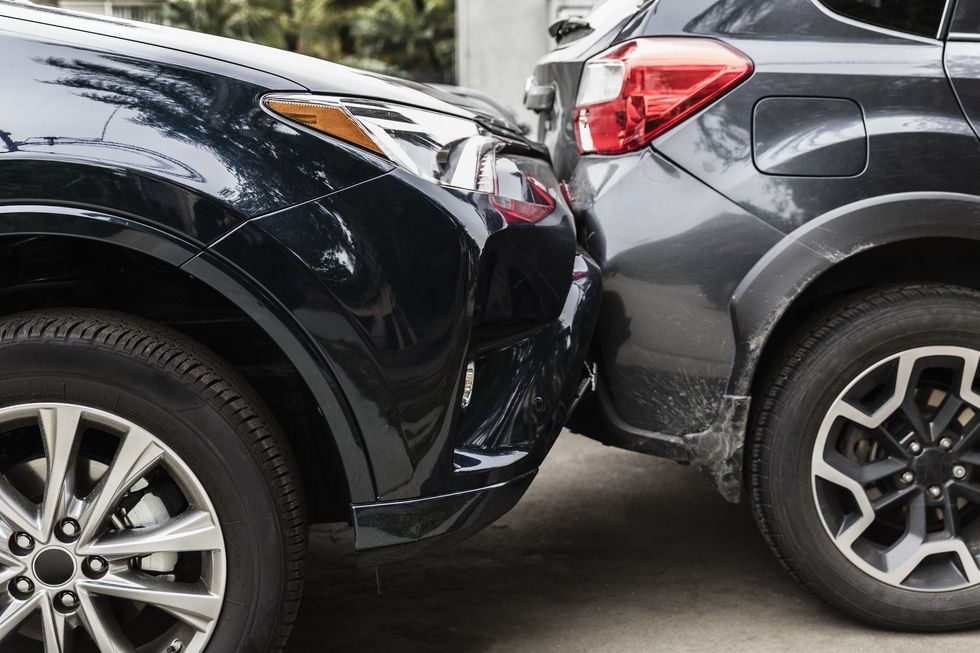
According to reports, every 20 minutes, someone in the UK is the victim of an uninsured car incident
| GETTYThe bureau stated that uninsured drivers are more likely to speed, more likely to have a defective vehicle, more likely to be a convicted drink-driver, and more likely to be involved in a fatal collision.
MIB has been tasked with helping compensate victims of uninsured and hit-and-run collisions since 1946, with its work helping take an uninsured vehicle off the road every four minutes.
Angus Eaton, CEO at MIB, explained that for the last 80 years, the MIB has achieved a "great deal as an organisation in managing claims and tackling the wider uninsured driving problem".
He warned: "But we know that in simply managing claims, we’re not dealing with the problem early enough because uninsured drivers still wreck lives. And it’s getting harder to solve. Accelerating to Zero is our commitment to end uninsured driving for good."
LATEST DEVELOPMENTS:
The call for increased fines forms part of a series of initiatives MIB has planned to make roads safer by ending uninsured driving.
These also include better education for young drivers, improved data services to identify those driving uninsured, and stronger partnerships with the Government, police and the insurance industry.
Eaton added: "A first step is working with the Government to increase fines for those driving uninsured. We believe that the current penalty of £300, which hasn’t changed in over 10 years, simply isn’t enough of a deterrent.
"We’re calling for the penalty to be raised so that it is double the average premium, to help eradicate the issue."

The MIB has called for the penalty for driving while uninsured to be increased from £300 to £1,200
|GETTY
In one example of how uninsured driving impacted an individual's life, a pedestrian who had been working on the roadside was hit by an uninsured driver travelling at high speed while fleeing police.
The driver had reportedly entered a coned-off lane and struck him, leaving him with a fractured skull and devastating injuries.
The pedestrian said: "I hated every minute of being in the hospital. It was a traumatic experience. I struggled to understand how it all happened.
"I didn’t know what the future held for me, but with the support from the MIB, I was able to access specialist rehabilitation and prosthetics, even one that allows me to do more active hobbies. Despite the enormous challenges, I have gotten married and even opened my own business, reclaiming my independence and purpose."


